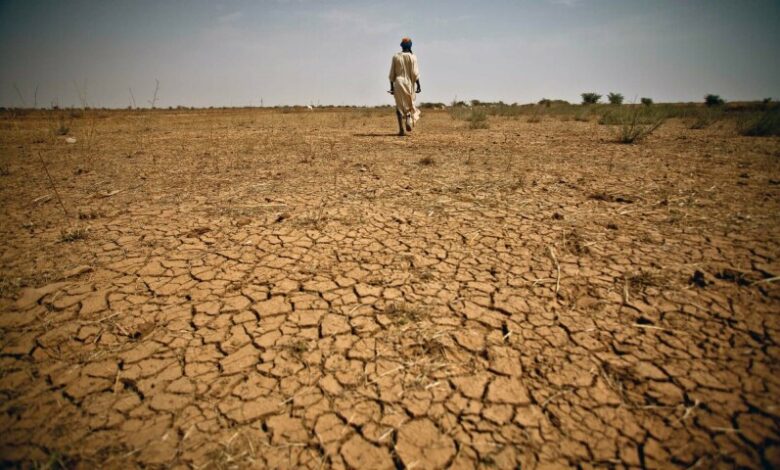PM’s aide highlights threats from desertification – Pakistan


ISLAMABAD: Pakistan is facing expanding desertification and recurring but intense droughts, Coordinator to the Prime Minister on Climate Change Romina Khurshid Alam highlighted on Sunday, stressing that the country stands at a critical juncture in its fight against desertification and land degradation.
However, through “targeted policies, investments in research and technology and fostering international cooperation, Pakistan remains steadfast in its commitment to combating desertification and achieving land degradation neutrality”, Ms Alam said in a statement issued on the eve of World Desertification Day.
She said the theme for this year’s World Desertification Day — celebrated each year on 17 June — is “Restoration. Land. Climate”, which she said resonated deeply with the government’s commitment and on-ground efforts to fight desertification by restoring degraded lands and ecosystems, enhancing climate-resilience and achieving sustainable development goals.
Ms Alam highlighted that Pakistan was a signatory to the United Nations Convention to Combat Desertification (UNCCD) and was closely working with international partners to address desertification. Various projects and initiatives were supported by international organisations to enhance Pakistan’s capacity to combat this issue, she said.
Spelling out factors behind the issues of expanding desertification and land degradation, the PM’s aide said that warming temperatures, shifting or declining rainfall patterns, recurring droughts, loss of vegetation and tree covers, unsustainable agricultural, irrigation practices, overgrazing, urbanisation, ranching, mining and clearing of land and heat-trapping carbon emissions from industrial, transport and fossil fuel-run energy sectors and deforestation were major causes.
Over 68 per cent of Pakistan’s land area was classified as arid or semi-arid, making it vulnerable to desertification, she underlined, adding that soaring desertification levels in recent years had resulted in loss of fertile topsoil, soil erosion, water scarcity, lower agricultural, loss of agriculture-based livelihoods, increase in rural poverty, hunger and malnutrition, rural-to-urban migration, habitat loss, degradation of natural ecosystems.
“Various initiatives, including Green Pakistan Programme, climate-smart agriculture, National Adaptation Initiative, Living Indus, climate-resilient urban planning and management and Recharge Pakistan, are already being implemented to fight desertification by promoting sustainable land management practices, increasing tree cover for restoring degraded land and conserving natural resources as well as increasing groundwater level,” she elaborated.
Efforts were also being made to raise awareness about the impacts of desertification to combat it in the country. Their participation and commitment are crucial in implementing sustainable solutions and adapting to changing climate patterns, she added.
“As the country observes World Desertification Day, let us reaffirm our collective responsibility to preserve our natural heritage, protect our land resources, and secure a sustainable future for generations to come,” she added.
Published in Dawn, June 17th, 2024
Source link